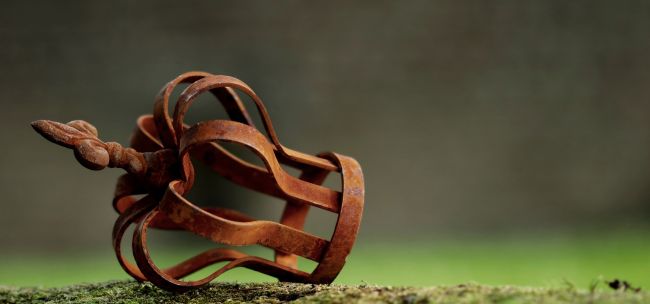
The life of Soro was a hundred years and twenty years and seven years.[2]
R. Akiva’s clever way of jarring his dozing students gave us the famous link between our pasuk and Esther. “What did Esther see that she reigned over 127 provinces? Certainly, it was that the granddaughter of Soro who lived 127 years should come and reign over 127 provinces.”[3]
Can we have that again? What did Esther see? Was it then her choice? The last thing Esther wanted was to spend her life in the Persian court, away from her people, and married to a Persian buffoon. The only choice she made about her position was to try to evade it. She went into hiding to escape the successor-to-Vashti competition. Her active role in becoming queen was negligible or less. It was Divine providence that thrust her on to the throne.
The midrash’s answer is also obscure. It doesn’t explain anything. Esther was no more a granddaughter of Soro than anyone else in her generation. Why did she merit the 127-fold payoff more than anyone else?
Perhaps Esther had more to do with her position than we think. Here’s how.
We tend to focus exclusively on the 127 years of constant goodness of Soro’s illustrious years. Bit is it so apparent that this was the fullness of her allotment? Chazal tell us that Soro died when she learned about the Akeidah, before she heard that Yitzchok was spared at the last moment. The damage had been done; the horror of what she considered caused her soul to depart, and she expired. This implies that had she not heard about the Akeidah, she would have lived longer!
Now, it is reasonable to assume that Soro’s reaction went beyond the strictly maternal. She was horrified to a large extent because Yitzchok was no ordinary son to his mother. Soro knew of his tzidkus, and the role that he was meant to play in the building of a Jewish nation. It was the impact of the enormity of the loss that caused her to instantly die, foregoing the years of life that could have been hers had she not given them up prematurely at age 127.
Up until a certain moment, Esther was a reluctant monarch – really more of a prisoner than a willing consort of the king. Halachically, she was an anusah – someone forced under pain of death. That changed when she decided to present herself to Achashverosh and plead for her people. As she conveyed to Mordechai, in approaching the king on her own volition, she gave up the protection of the “forced woman” exemption, and was now a willing actor. Taking upon herself – without coercion – the mantle of monarchy over 127 provinces forbad her from her husband, and might have jeopardized her place in Olam Habo. She did it to save her people.
What got her to make the sacrifice? Soro’s example. Soro agonized so deeply over the loss of a single human being – however extraordinary, that she gave up her remaining life. Esther contemplated the loss of tens of thousands of innocents. The possibility of their deaths was so overwhelming to her, that she willingly sacrificed the rest of her allotted days on earth for their benefit.
The 127 of Sora were, then, directly connected to the 127 of Esther.
- Based on Chidushei R. Yosef Nechemia (Kornitzer) (1880-1933) ↑
- Bereishis 23:1 ↑
- Bereishis Rabbah 58:3 ↑


